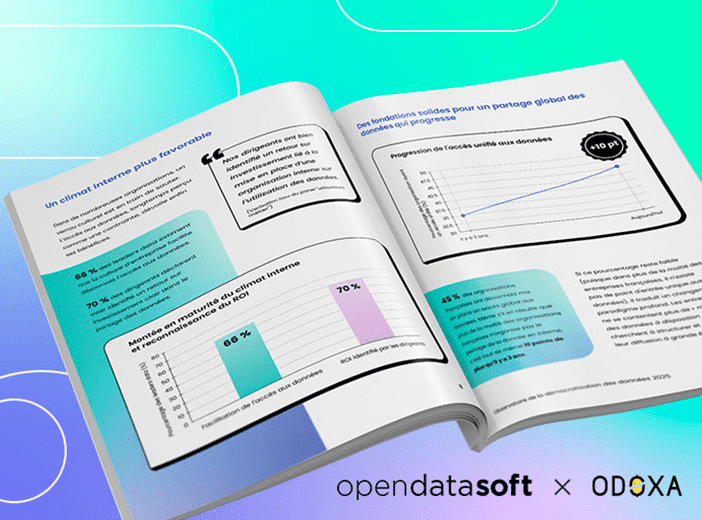Glossary
Database Administrator
The Database Administrator ensures that the thousands of pieces of information stored in an organization's databases are reliable, high-quality, secure, and available for reuse.
The increasing volume of data in organizations and its multiple reuses pose several challenges. How can the reliability and quality of data be guaranteed? How can data be made accessible and available in real-time to all stakeholders who need it?
What is Database Administration?
The Database Administrator is responsible for managing an organization’s data. They must ensure its quality, security, and availability.
They play a key role in implementing and monitoring the performance of databases and optimize the entire information system of the company. This role remains closely connected to the leadership teams as it involves strategic actions such as the overall management of data resources and the necessary technological investments.
What are the benefits of data administration?
Through effective data administration, organizations can:
- Filter data to keep the most relevant information.
- Manage data flows within the organization.
- Contribute to the design of data sharing models.
- Make data understandable to non-experts.
This approach allows organizations to take control of their data and manage its access and usage by internal and external stakeholders. It is an important step in the context of data governance as it helps create a consistent framework aligned with the organization’s objectives and user needs.
What are the responsibilities of a Database Administrator?
To ensure the quality of data administration, several actions must be taken:
- Analyze the performance of the information system and improve its quality for the use of the entire organization.
- Build a data repository: a valuable tool for creating a clear data architecture, the repository ensures data quality. It provides administrators with the assurance of providing each business unit with the corresponding data and metadata. Additionally, it enables a common classification, reducing the risks of failure, meeting GDPR requirements, and gaining efficiency in internal processes.
- Identify and resolve issues through better data flow management.
- Advise other teams on their use of data and manage access for different users.
What are the skills of a Database Administrator?
The Database Administrator is responsible for the smooth operation of the entire organization’s information system. It is a position of responsibility that requires technical skills as well as a strategic vision to meet the needs of all collaborators.
In case of problems or urgent needs, the Database Administrator must also be responsive and able to work in an agile manner.
Generally attached to the Information Systems Department of an organization, database administrators typically undergo a curriculum in computer development.
Learn more


